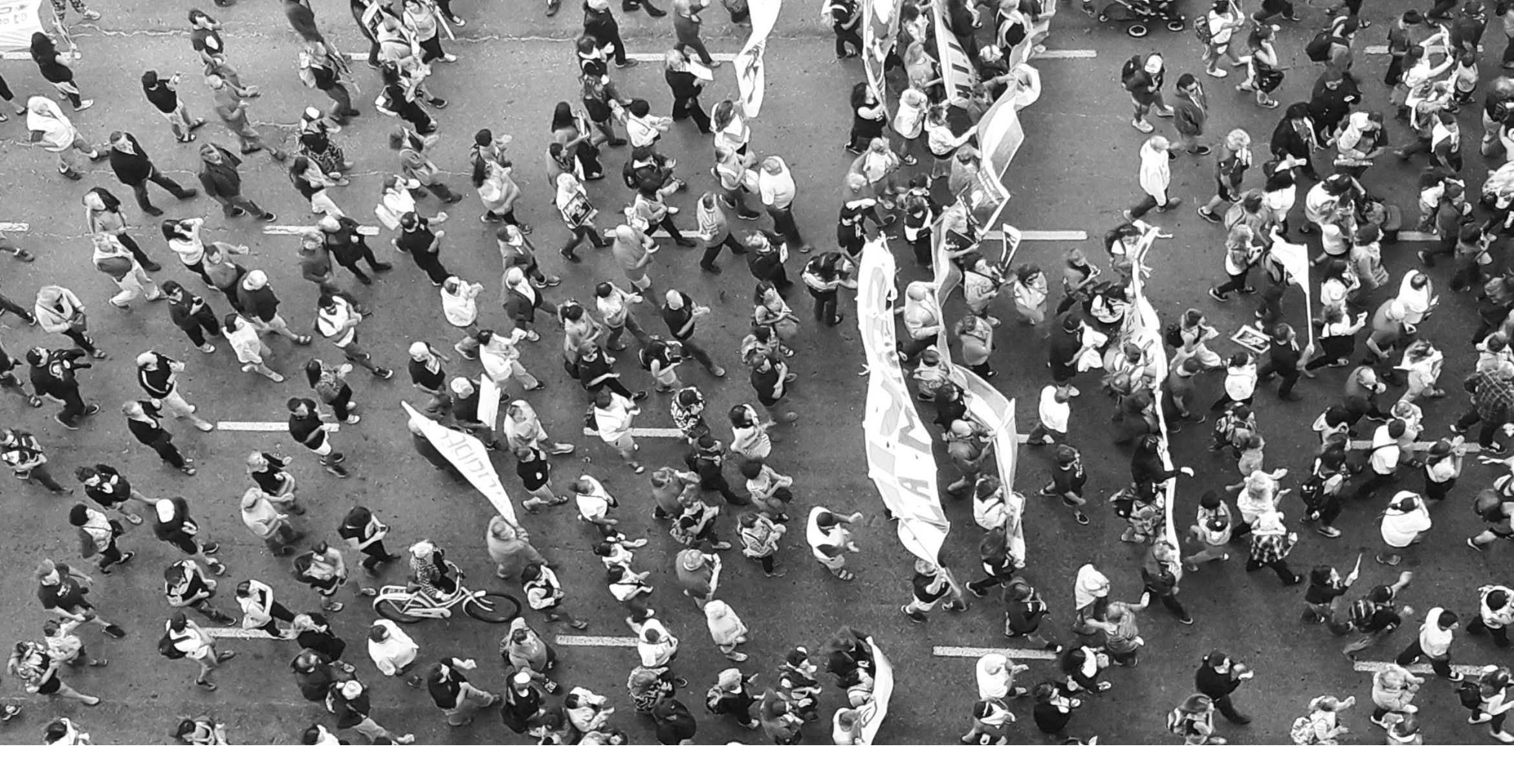One man's trash is another man's treasure and nowhere is that more apparent than in William Davies King's collection of cereal boxes, tuna can labels, envelope linings, and other whatnot. King, a professor of theater at the University of California, Santa Barbara, has spent his life gathering a monumental mass of miscellany, and in a new book published this week he takes a hard look at his habitual hoarding to see what truths it might reveal about the impulse to accumulate.
Part memoir, part reflection on the mania of acquisition, "Collections of Nothing" (University of Chicago Press, 2008) begins with the stamp collection King received when he was a child. However, the long-standing philately rules regarding the care and display of postage stamp collections quickly became an oppressive burden amidst the family chaos generated by his sister's growing mental illness, which King discusses at length in the book. So he chose instead to handle––and mangle––the stamps according to his own desires. This proved to be the first step in his search for an unexplored, individual meaning in collecting. In the following years, he ignored rarity or pedigree and found himself searching out the lowly and the lost, the cast-off and the undesired; objects that, merely by gathering and retaining, he could imbue with meaning and even value.
As he relates the story of his burgeoning collections, King also offers a fascinating meditation on the human urge to collect. "Whether we accumulate nondescript loops of wire and old food labels or more commonly prized objects like first editions or baseball cards," King said,
"our collections define us at least as much as we define them."
According to King, an element of insecurity is what propels the need to hold onto objects. "In the ninth grade I went to Phillips Academy in Andover and felt completely out of place amid the wealthy and sophisticated," he said. "It was there that I became an avid collector of junk. I intuitively realized that a crazy strategy for being someone was to collect worthless things and become a kind of odd processor of the world."
As he writes in the book: "The widely shared impulse to collect comes partly from a wound we feel deep inside this richest, most materialistic of all societies, and partly from a wound that many of us feel in our personal histories."
Describing his collections as a strange kind of legacy, King noted that for many people the act of collecting is rooted in a quest for immortality and the desire to build a monument to one's own life. "But I have to ask myself if a collection of 1,800 cereal boxes really is the legacy I want to pass on to my children," he said. "And I have to say, it is a bizarre kind of monument building."
An excerpt from "Collections of Nothing" appears in the recently published book "The Oldest We've Ever Been: Seven True Stories of Midlife Transitions" (University of Arizona Press, 2008) by Maud Lavin. Lavin is a professor of visual and critical studies and art history, theory, and criticism at the Art Institute of Chicago. The contributors to her book offer a wide range of stories and experiences that address the unpredictable challenges and unexpected graces that comprise this multilayered stage of life.
A specialist in English, American, and ancient Greek drama, King is the author of
"A Wind is Rising: The Correspondence of Agnes Boulton and Eugene O'Neill" (Fairleigh Dickinson University Press, 2000) and "Writing Wrongs: The Work of Wallace Shawn" (Temple University Press, 1997). He also is the author of "Henry Irving's Waterloo: Theatrical Engagements with Arthur Conan Doyle, George Bernard Shaw, Ellen Terry, Edward Gordon Craig, Late-Victorian Culture, Assorted Ghosts, Old Men, War, and History" (University of California Press, 1993), for which he received New York University's Joe A. Callaway Prize. Awarded every other year, the prize recognizes the best book on drama or theater published by an American scholar.



